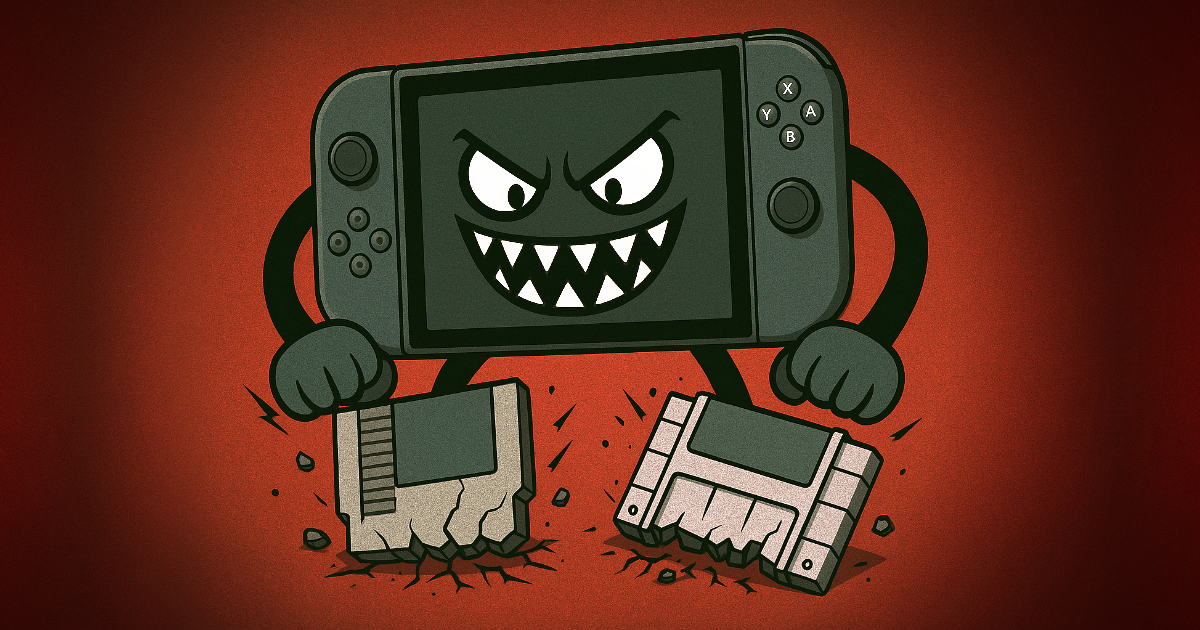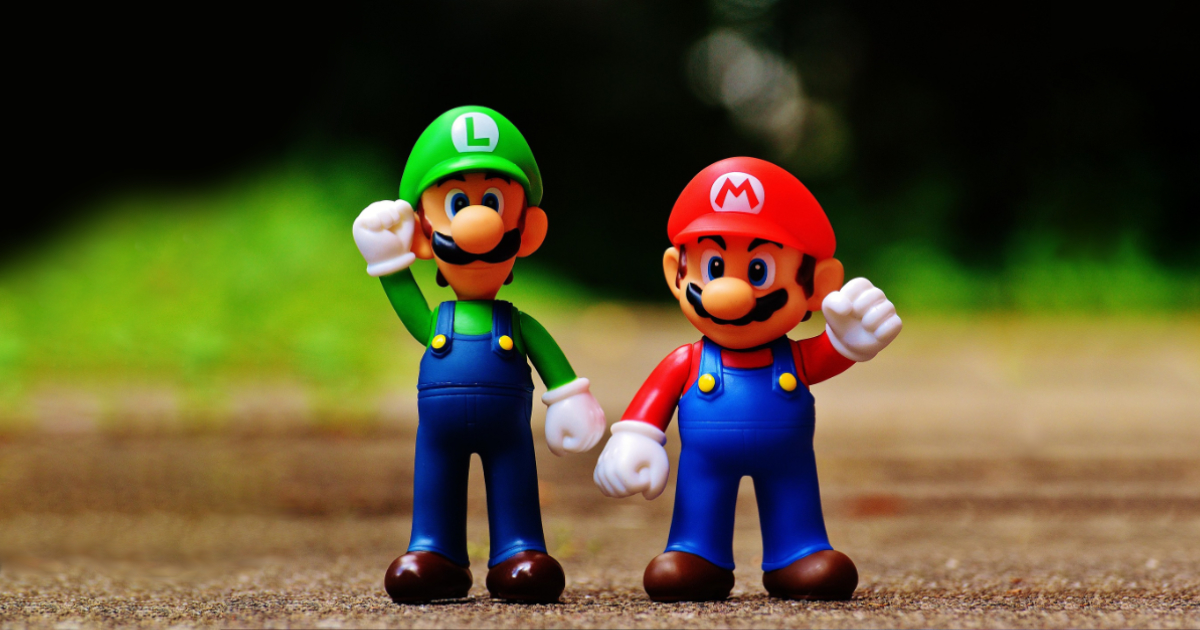Nintendo Switch 2 is Killing Physical Games – Here’s Why Retro Collectors Should Be Worried

The Nintendo Switch 2: Pricing and Digital Concerns
Nintendo's upcoming Switch 2 console is set to launch on June 5, 2025, with a starting price of $449.99. This marks a significant increase over the original Switch's launch price. Additionally, flagship titles like Mario Kart World are priced at $79.99, further fueling discussions about the rising costs of gaming. Source
Complicating matters, new tariffs introduced by the U.S. administration have led to delays in preorders and potential further price hikes. Nintendo has postponed preorders to assess the impact of these tariffs, which include a 46% rate on imports from Vietnam, a key manufacturing hub for the company. Source
The Shift Towards Digital and Its Implications
Beyond pricing, the Switch 2's emphasis on digital content raises concerns about game accessibility and ownership. The trend towards digital-only releases can limit consumer rights, as access to purchased games becomes contingent on platform policies and server availability. This shift underscores the importance of physical media, which grants players tangible ownership and ensures access irrespective of digital platform changes.
The Importance of Preserving Physical Games
Physical copies of games serve as cultural artifacts, preserving the artistic and technological milestones of the gaming industry. They offer educational value, allowing future developers and historians to study the evolution of game design and technology. Moreover, physical media ensures that games remain accessible even as digital storefronts close or online services discontinue.
However, the preservation of physical games faces challenges. A study by the Video Game History Foundation found that only 13.27% of video games released before 2010 are still in print as of 2023, highlighting the urgency of preservation efforts. Source
Conclusion
As the gaming industry continues to evolve, it's crucial to recognize the value of physical game media. While digital distribution offers convenience, it also poses risks to game preservation and ownership rights. By supporting local game stores and advocating for preservation initiatives, gamers can help ensure that the rich history of video games remains accessible for future generations.


